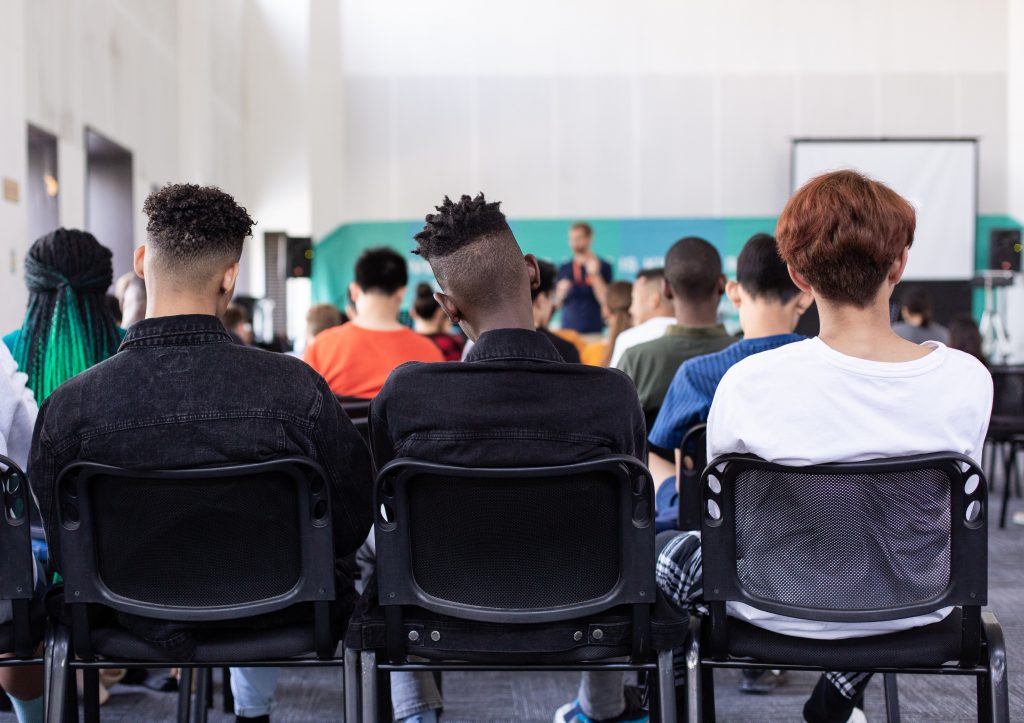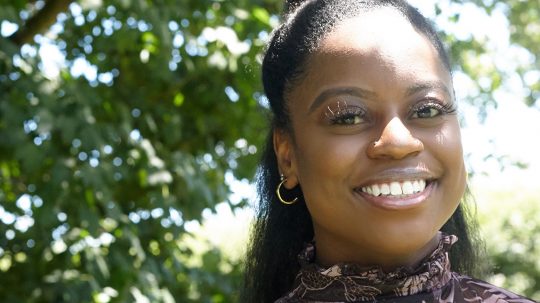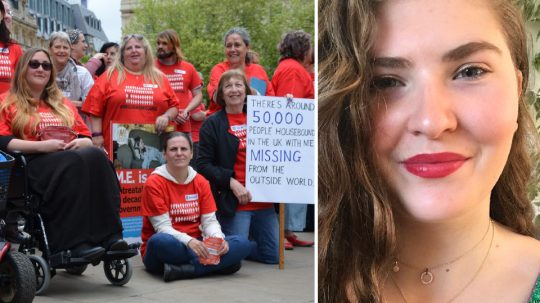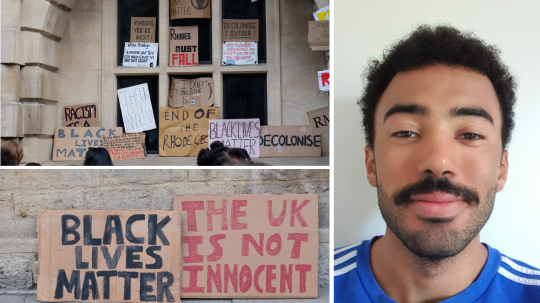As a mixed-race woman (White and Black African) who grew in a deprived area near Glasgow, I have experienced racism within Britain’s education system first hand. To tackle this systemic issue in wider society, it is vital we root it out in our schools.
I’ve always looked different growing up, having darker skin and different features to my peers. When I was younger, I was unhappy about not fitting in and looking the same. My differences made me an easy target for people to bully. Meeting new people was nerve wracking, I would worry they would immediately decide they didn’t like me because of my skin colour, something my friends and peers never had to worry about.
I found that in school, most of my teachers were unable to deal with racist incidents properly. Whenever I reported instances of racial abuse – mainly classmates calling me racial slurs or making fun of me due to my skin tone – teachers would often dismiss it. They would tell me it was just “kids being kids”, and allow the bullying and harassment to continue.

Aleisha Omeike found teachers were unable to deal with racist behaviour. Credit: Supplied
For this reason, I believe teachers should receive adequate racial awareness and inclusion training. It would enable them to respond to hate crimes and racial abuse effectively, as well as promoting tolerant behaviours and cultural diversity.
Another way race and class bias is manifested in the British education system is through teachers’ estimations of students abilities.
This was seen dramatically after exams were cancelled this year due to coronavirus. Pupils were given an estimated grade, which was then put through a controversial algorithm. In Scotland, the pass rate for pupils in the most deprived areas fell by more than twice than pupils from the wealthiest parts of the country. This was because the historical performance of individual schools was used as one of the main criteria for deciding grades. A similar pattern was seen in England a week later when pupils received their A-level and BTec results. As a result, many pupils have been unable to get into university.
This debacle will have disproportionately impacted Black and minority ethnic children, who are almost twice as likely to live in poverty than white pupils, according to the Child Poverty Action Group. It highlights long-standing inequalities in the standards of UK schools which trap many disadvantaged pupils in a cycle of deprivation.
Both governments have now U-turned, allowing pupils to keep their teacher-predicted “centre-assessment grades”. This is a relief for many – but in reality it only may be the lesser of two evils. Evidence shows that only 39.1% of Black pupils’ grades are predicted accurately and they are most likely to be under-predicted, not overestimated.
It further illustrates the need for teachers to undergo unconscious bias training and for Black students to have an accessible and inclusive way to challenge or appeal unfair grade predictions.
British colonial history and its ongoing legacies should no longer be swept under the rug.
Aleisha Omeike

‘Teachers should undergo unconscious bias training to make education more accessible’. Credit: Unsplash
We also need to start teaching pupils about the rich history of Black britons which has for so long been ignored. GCSE exam data analysed by the Guardian shows that, while schools are permitted to teach Black history, few of them do. It found that only around 11% (approx 28,412) of GCSE students in 2019 were studying modules that made any reference to Black people in British history.
The history modules of England’s three biggest GCSE exam boards make more references to Black people in the US, other countries, or the transatlantic slave trade, than to black Britons. This is despite there being Black people in Britain since as early as the arrival of the Romans. Teaching young people about Black British history and our extensive contributions would help many of us better identify with aspects of the curriculum and feel more included.
British colonial history and its ongoing legacies should also no longer be swept under the rug. Making younger people, like me, aware of systemic and institutional racism within our country, as a result of colonialism and the slave trade, would also help empower us to dismantle it. It would have beneficial impacts inside and outside the classroom.
We must also make efforts to recruit and encourage more Black and minority ethnic educators across the country. According to government figures, in November 2019 only 14.3% of state-funded school teachers described themselves as being from an ethnic minority group. Meanwhile, 31.3% of state-funded secondary school pupils are of minority ethnic origin, rising to 33.5% in state-funded primary schools.
There is a hidden epidemic of racism within the UK’s schools, of which I have only scratched the surface here. If we are to ensure the Black Lives Matter movement is not a passing moment, we must be bold in tackling it.
The views expressed in this article are those of the author and do not necessarily reflect the views of EachOther.
About ‘The Inspired Source’ Series
This pilot series is part of our work to amplify the voices of aspiring writers that are underrepresented in the media and marginalised by society. Each piece examines a human rights issue the author or their community is affected by and preferably have a position on how we might begin to address it. This is a brand new series, so we are likely to adapt and refine it as things progress. Find out more about the series and how to send us a pitch on this page.






